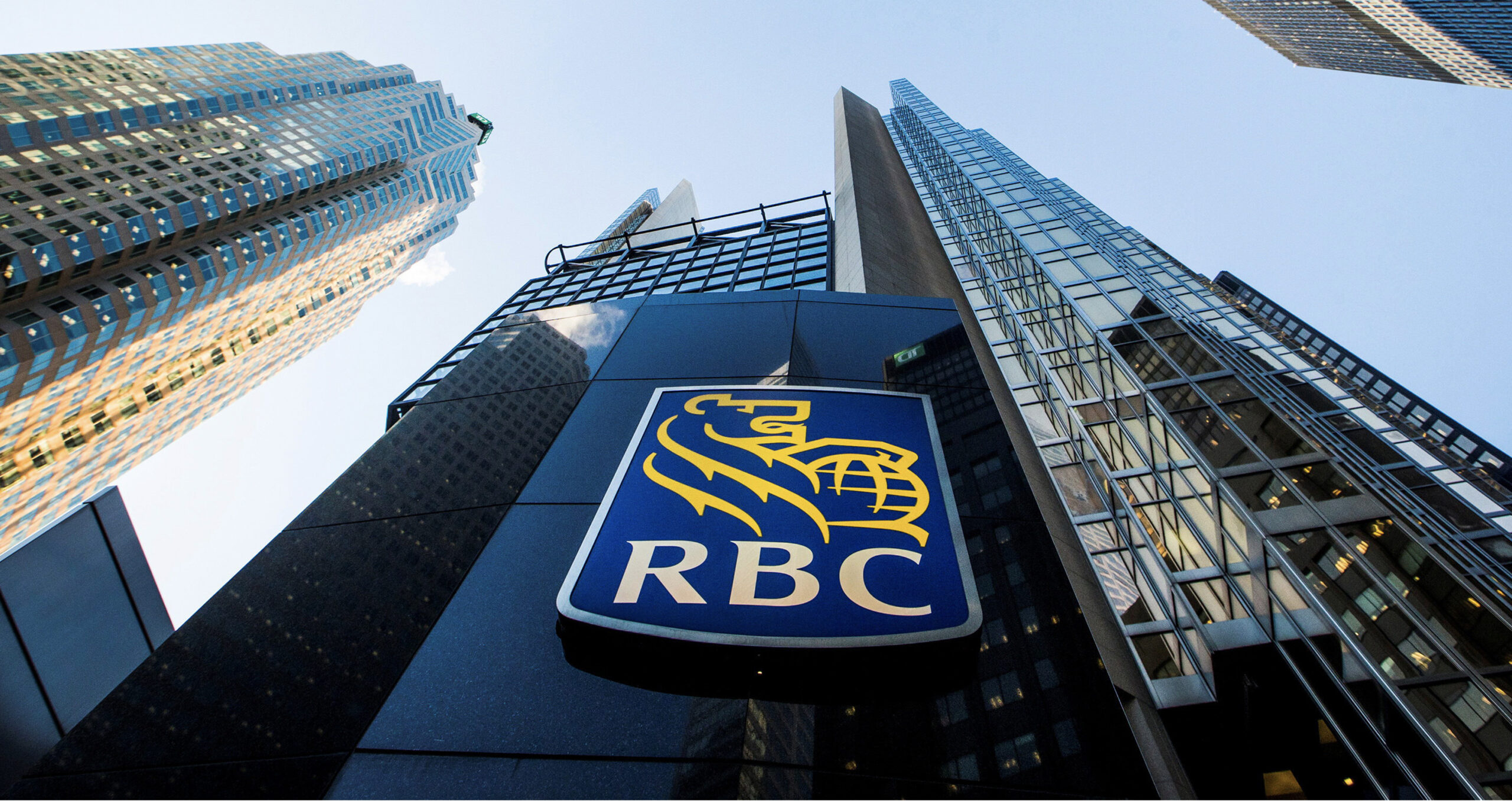
RBC replaces JPMorgan as largest fossil fuel financier in 2022

New research finds that despite a decrease in overall financing for fossil fuel companies in 2022, banks’ policies allow for an annual loophole of $750bn.
Royal Bank of Canada was the largest financier of fossil fuel companies in 2022, having facilitated a total $42.13bn to the industry and replacing JPMorgan in the top spot, according to a study by the Rainforest Action Network, BankTrack and other campaign groups.
The US bank is now second in the 2022 ranking of the latest “Banking on climate chaos” report, contributing a total of $39.24bn, followed by Wells Fargo with $38.9bn. JPMorgan remains the largest fossil fuel financier overall since the signing of the Paris Agreement.
Figures reveal that in 2022 fossil fuel financing decreased to $673.1bn (compared with $800.9bn in 2021), the lowest amount since 2016. The authors of the report, however, are not encouraged by this reduction as they believe it is due to “unusual geopolitical and economic conditions”, rather than appropriate shifts in banks’ policies.
More worryingly, they found that 49 banks with net zero commitments provided total financing of $122bn to the top 100 companies expanding fossil fuels in 2022. The banks’ largest fossil fuel clients include TotalEnergies, TC Energy, ConocoPhillips and Saudi Aramco.
The report has found that banks’ emissions reduction targets do not match their in-house exclusion policies, leaving banks exposed to climate risk despite their pledges to reduce financed emissions.
For instance, banks’ exclusion policies often only target specific fossil fuel projects, which on average only account for 4 per cent of annual financing to the industry.
“Since only a handful of the banks have meaningful exclusions that apply to general corporate finance, most of them can continue financing oil and gas activities without violating their own policies,” according to the report, which analysed both the lending and underwriting of debt and equity to the fossil fuel sector from the 60 largest banks globally.
The findings highlight that although the underwriting of bonds and equities accounted for 36 per cent of all financing to the fossil fuel sector, many banks omit these transactions from their exclusion policies. Inconsistencies in banks’ policies depending on region, project or type of fossil fuel were also flagged by the authors of the report, whose calculations point at an annual loophole of $750bn financing to the sector.
The authors of the report only consider French player La Banque Postale as having sufficiently addressed the phase-out of fossil fuels in its policies, by not providing any financing to fossil fuel clients across 2022.
“Until the remaining 59 banks in this report also enact policies to exclude financing for fossil fuel expansion, any commitments to net zero emissions are nothing more than greenwash,” the authors wrote.
The report also suggests that banks’ policies reflect different trends across the globe on climate policy and energy security. For instance, none of the 13 Chinese banks included in the report have incorporated coal financing restrictions at the corporate level, and only a few Chinese players exclude coal developments outside China. This is consistent with the country’s stated intention to expand coal production domestically over the coming years.
RBC told the Financial Times that the “report does not measure progress in meeting our climate goals”, and that the bank had set initial interim emissions reduction targets regarding its lending operations and that it had created the RBC Climate Action Institute to focus “on advancing climate policy research and action”.
Similar Articles

Smaller banks increasingly involved in fossil fuel financing, study finds

In Charts: Redemptions drag global climate fund flows to lowest level in four years


